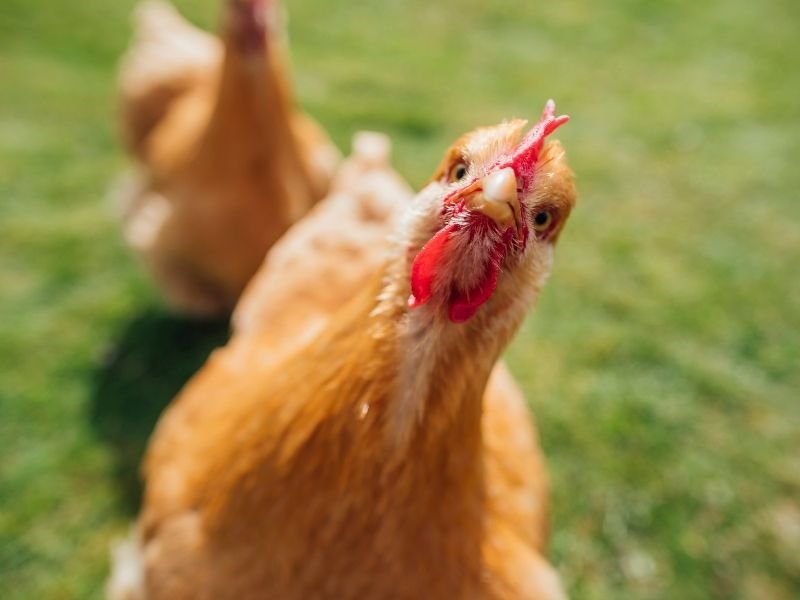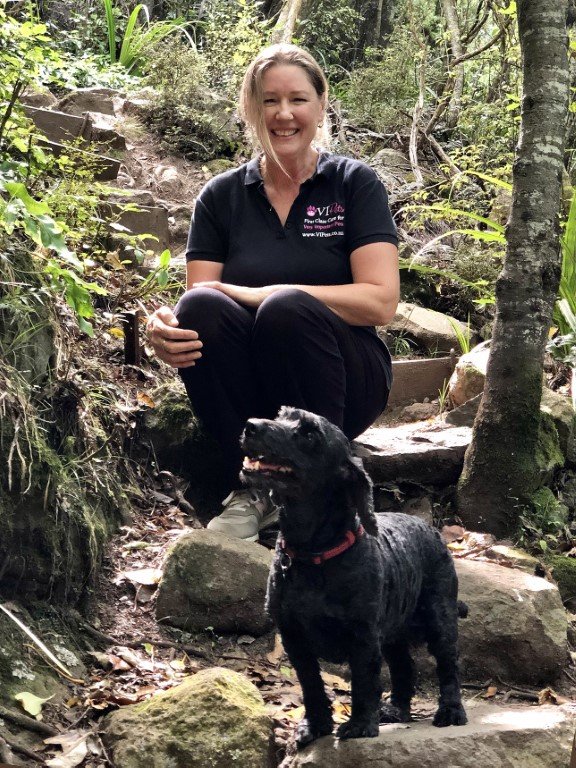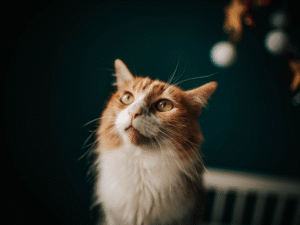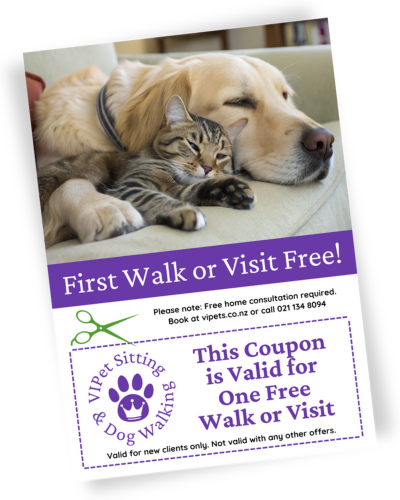Chickens have this reputation for being self-sufficient backyard animals. Chuck some grain in the feeder, collect eggs when you remember, maybe clean out the coop occasionally. They’re basically feathered lawn ornaments that happen to produce breakfast, right?
If you actually keep chickens, you know that’s complete rubbish.
Chickens are surprisingly complex creatures with specific needs that most people drastically underestimate. They need daily health monitoring and predator protection. Their feed and water requirements are more involved than just “fill it up when it’s empty.” They’re vulnerable to a shocking number of health problems that escalate quickly. Their coop needs regular maintenance to prevent disease. And they’re genuinely social, intelligent animals with distinct personalities who notice changes in their routine.
If you’re reading this because you need someone to care for your chickens in Christchurch while you’re away, you already understand all of this. You’re not looking for someone to just scatter some pellets and hope for the best. You want someone reliable who’ll check on your flock properly, collect eggs daily, notice if something’s not right, and keep your girls (and boys, if you have a rooster) safe and healthy.
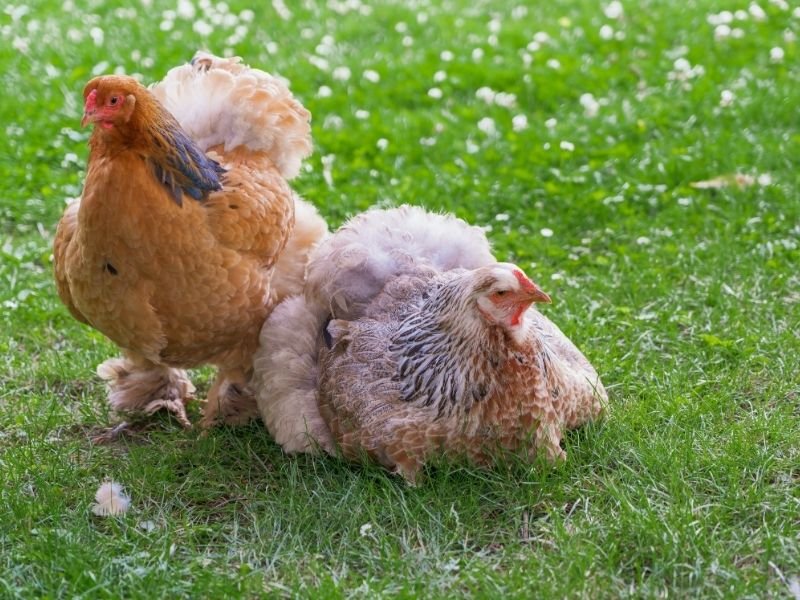
Why Chicken Care Is More Complex Than People Realise
Here’s something that surprises people who’ve never kept chickens. These aren’t like wild birds who just get on with things. Domestic chickens have been bred for thousands of years to be productive and docile, not to survive independently. They depend entirely on you for their safety, health, and welfare.
Predators are a constant, serious threat. Christchurch has plenty of creatures that would love an easy chicken dinner – dogs, cats, rats, possums, hawks, even hedgehogs will steal eggs. If your coop and run aren’t properly secured every single night, you’re likely to lose chickens. It only takes one forgotten latch, one loose wire in the fencing, or one night of someone being too busy to lock up properly for disaster to strike. I’ve seen too many devastated chicken keepers dealing with aftermath of predator attacks that happened because routine security checks were missed.
Health problems develop rapidly in chickens and they’re incredibly good at hiding illness until it’s quite advanced. A chicken who seems slightly quieter than usual might actually be seriously unwell. Changes in egg production, eating habits, droppings, posture, or social behaviour can all signal problems. Respiratory infections spread like wildfire through flocks. Injuries from pecking order disputes need immediate attention. You need someone caring for them who actually knows chickens and will spot these subtle warning signs.
Feed and water management is more nuanced than people expect. Chickens need access to proper layer pellets or grain, not just kitchen scraps. Water must be clean and available constantly – chickens produce eggs and maintain body temperature through water, so dehydration affects them quickly. In summer, water can become hot and undrinkable or evaporate entirely. In winter, it can freeze solid. Both situations create emergencies within hours.
Egg collection matters more than people realise. Eggs left in nesting boxes for days can get broken, creating a mess and encouraging hens to eat eggs (a habit that’s incredibly difficult to break). Eggs can also attract predators. In summer heat, eggs deteriorate rapidly. Daily collection prevents all these problems and also ensures you’re monitoring whether your hens are laying normally – sudden drops in egg production often signal health issues.
Coop maintenance is genuinely important for flock health. Chickens living in dirty, ammonia-filled coops develop respiratory problems. Built-up manure creates breeding grounds for parasites and bacteria. Damp bedding causes bumblefoot infections on their feet. Regular checking and spot-cleaning prevents these health issues from developing.
All of this means chicken care isn’t something you can rush through in five minutes. It requires actual time, genuine knowledge, and proper attention to detail.
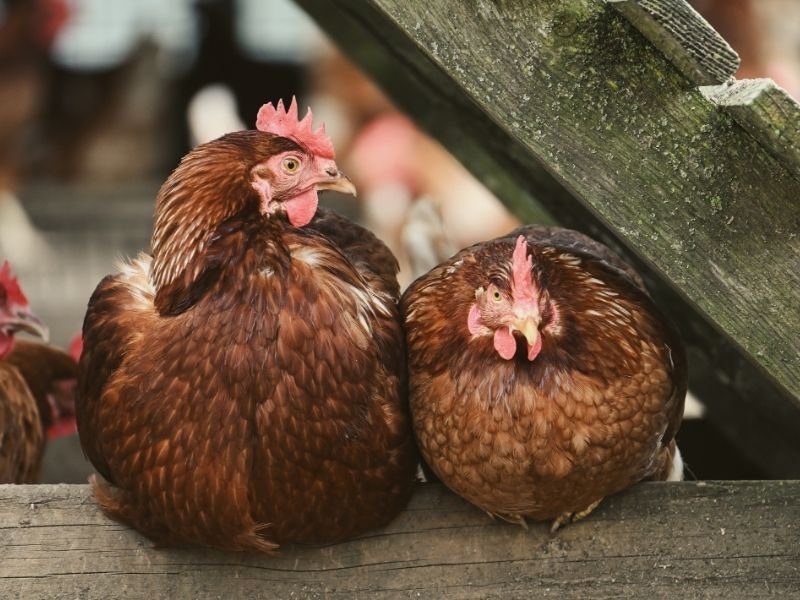
What Professional Chicken Sitting Actually Involves
When I care for chickens in Christchurch, here’s what happens during each visit. It’s significantly more involved than most people expect.
First is the head count and health check. Are all chickens present and accounted for? Sometimes hens hide away to lay eggs in secret spots or go broody. Are they moving normally and behaving naturally? Is anyone being picked on or isolated? Are there any visible injuries – missing feathers, pecking wounds, limping? Is anyone wheezing, coughing, or showing discharge from eyes or nose?
I watch how they’re interacting. Chickens have clear social hierarchies and distinct personalities. If your normally bold hen is hanging back nervously, something’s wrong. If the timid one is suddenly aggressive, that’s unusual. These behaviour changes tell you a lot about flock health and dynamics.
Feeding happens according to your specific routine. What type of feed? How much? Where does it go? Some chicken keepers feed pellets in hoppers that stay full constantly. Others measure daily amounts to control intake. Some supplement with scratch grains as treats. There might be oyster shell available separately for calcium. I follow your established system exactly because changing feed routines upsets chickens and affects egg production.
Fresh, clean water is provided. I’m checking water is actually clean (chickens are messy and will foul their own water), at a drinkable temperature, and accessible to all flock members. In hot weather, I might need to refresh water more than once if visiting twice daily. In cold weather, I’m checking for ice and using warm water to prevent immediate freezing.
Egg collection happens carefully. I’m gathering all eggs from nesting boxes and checking for any hidden in odd spots. I’m noting how many eggs were collected compared to your normal production. Sudden drops indicate stress, illness, moulting, or other issues. I’m checking eggs for abnormalities – soft shells, weird shapes, blood spots, breakages – that signal health problems.
Coop and run security gets thoroughly checked. Are all latches secure? Is fencing intact with no holes? Are there any signs of predator attempts – disturbed ground, damaged wire, suspicious digging? Is the roof secure? During summer, is ventilation adequate? During winter, are there draughts that need blocking? Security issues get fixed immediately if possible, or you’re contacted urgently if it needs your input.
Coop cleaning involves spot-cleaning obvious messes. I’m removing soiled bedding from nesting boxes if needed, scraping manure off roosting bars if it’s building up, ensuring the coop isn’t becoming damp or smelly. For longer stays, I might do more thorough bedding changes if you’ve arranged that.
All observations get documented. How many eggs? How did everyone look? Were there any concerns? What was the weather like? This creates a record so if problems develop, we can track when changes started.
All of this typically takes twenty to thirty minutes per visit depending on flock size and setup complexity. More chickens obviously take longer.
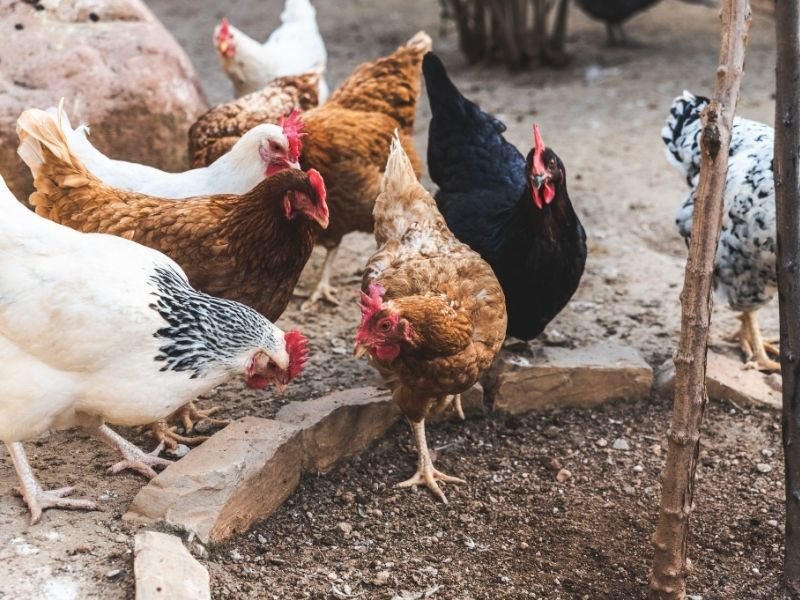
When You Need a Chicken Sitter in Christchurch
The most common reason people contact me for chicken care is holiday travel. You’re heading away for Christmas, taking a summer break, or visiting family and you need someone to maintain your flock while you’re gone.
But there are other situations where professional chicken sitting becomes necessary. Work trips that extend unexpectedly. Family emergencies requiring sudden travel. Medical procedures or hospital stays where you can’t physically manage the twice-daily routine of letting chickens out and locking them up.
The key challenge is finding someone who’ll actually show up reliably and do things properly. Chickens can’t tell anyone if their water’s frozen, if a predator’s been testing the fence, or if someone’s sick. They depend entirely on whoever’s caring for them to notice problems and act appropriately.
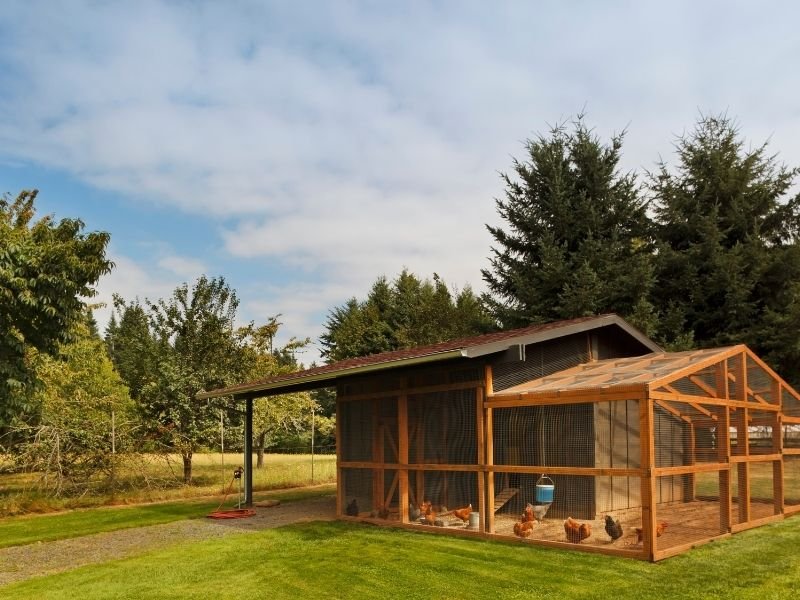
Why Friends and Family Often Struggle With Chicken Care
I need to say this carefully because nobody wants to feel like they’ve failed someone. But I’ve seen many situations where well-meaning friends or family agreed to care for chickens and things went badly wrong.
The most devastating problem is predator attacks from forgotten security. Your friend is busy, they’re rushing, they forget to check one latch or they don’t realize a fence section has come loose. That night, something gets in. By morning, you’ve lost chickens. It’s absolutely heartbreaking for everyone involved and creates terrible guilt and awkwardness.
The second issue is missed health problems. People who don’t keep chickens themselves won’t notice that one hen seems a bit quiet or that someone’s standing funny. They’ll assume everything’s fine because the chickens are moving around and eating. By the time problems are obvious enough that your friend notices, the situation has often become serious or even fatal.
Inconsistent care causes stress that affects egg production and health. Chickens are creatures of routine. If feeding times vary wildly, if someone forgets to let them out one morning, if water isn’t checked consistently, it stresses them. Stressed chickens stop laying, become more susceptible to illness, and can develop behavioural problems like feather pecking.
There’s also the actual work involved. People who don’t keep chickens often don’t realize it’s twice-daily commitment. Morning letting out and evening locking up aren’t optional – they’re essential for predator protection. Your friend agrees thinking it’s once-daily feeding, then discovers they’ve committed to visiting morning and evening every single day. That’s a much bigger ask than they expected.
And honestly, there’s the friendship strain aspect. If something goes wrong with your chickens while your friend was caring for them – predator attack, health crisis, death – both of you feel absolutely terrible. They’re devastated they let you down. You’re grieving your chickens but trying not to blame someone who was doing you a favour. It can genuinely damage relationships.
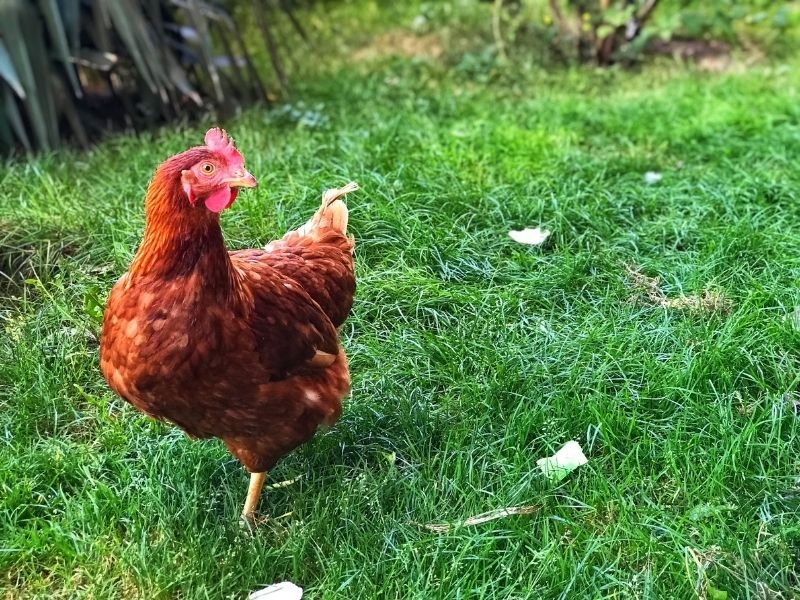
Chicken Keeping in Christchurch: Local Considerations
Christchurch has some specific factors that affect chicken keeping and therefore what your chicken sitter needs to understand.
Weather variability means your sitter needs to adapt care. Nor’westers can be hot and dry – chickens need extra water and shade access. Southerlies bring cold and wet – chickens need dry coop areas and protection from driving rain. Summer heat can cause heat stress in chickens rapidly. Winter cold requires checking water hasn’t frozen and ensuring coops stay dry but ventilated.
Predator types vary across Christchurch. Urban properties might deal more with cats, rats, and occasionally dogs. Semi-rural areas face additional threats from hawks, possums, stoats, and hedgehogs. Your sitter needs to understand your specific security setup and why it matters.
Backyard chicken regulations in Christchurch allow hens but generally prohibit roosters in urban areas due to noise. If you have a rooster on a lifestyle block, your sitter needs to know he’s there (roosters can be protective!) and that he’s legal for your location.
Local feed suppliers knowledge is useful. Where do you buy feed? Is there a preferred local supplier if emergency supplies are needed? What specific brands or types do your chickens eat?
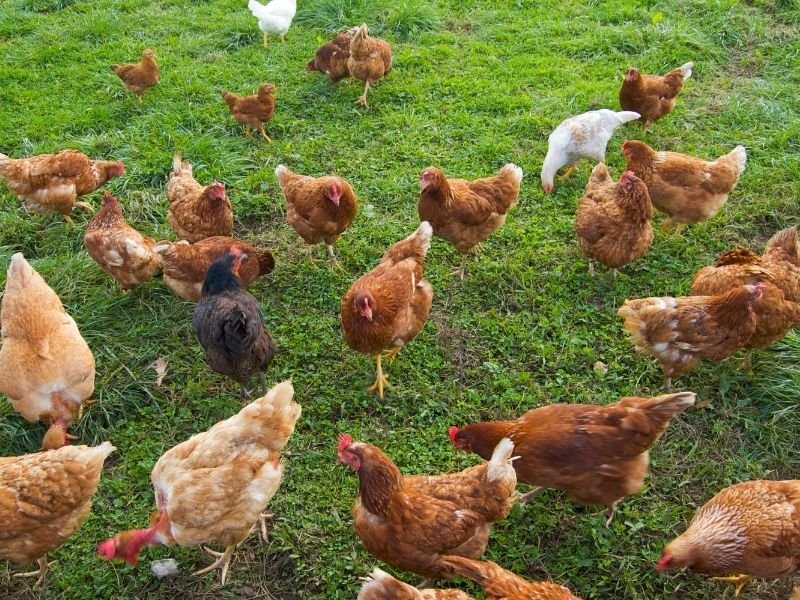
Finding a Reliable Chicken Sitter in Christchurch
If you’ve decided professional chicken care is right for you, here’s what to look for when selecting someone.
Actual chicken experience is important. Just as caring for guinea pigs differs from caring for rabbits, chicken care has its own unique requirements. Does your potential sitter understand chicken behaviour? Do they know common health problems? Can they describe proper predator security? Have they actually cared for chickens before?
Reliability is absolutely critical with chickens because of the twice-daily security requirement. Morning let-out and evening lock-up aren’t flexible. They need to happen. Every single day. At appropriate times. Your sitter needs to be someone who won’t skip visits or forget about evening lock-up because they got busy.
Understanding of predators and security matters enormously. Your sitter needs to take security seriously, check it every single time, and understand that one mistake can mean dead chickens. If someone’s casual about “I’m sure they’ll be fine” attitude toward security, that’s a massive red flag.
Willingness to do twice-daily visits during your absence is often necessary. Unlike fish or birds in cages that can manage with once-daily visits, chickens genuinely need morning and evening care for security reasons.
Communication is important because chicken problems can escalate quickly. Sick chickens, predator attempts, coop damage, or unusual behaviour all need reporting immediately so you can guide response.
A proper meet and greet at your property is essential. Walk your sitter through your complete routine while you’re there to demonstrate. Show them how to open and close every door and latch. Explain your specific security setup. Introduce them to your chickens and explain their personalities. Demonstrate feeding. Show them where everything is stored.
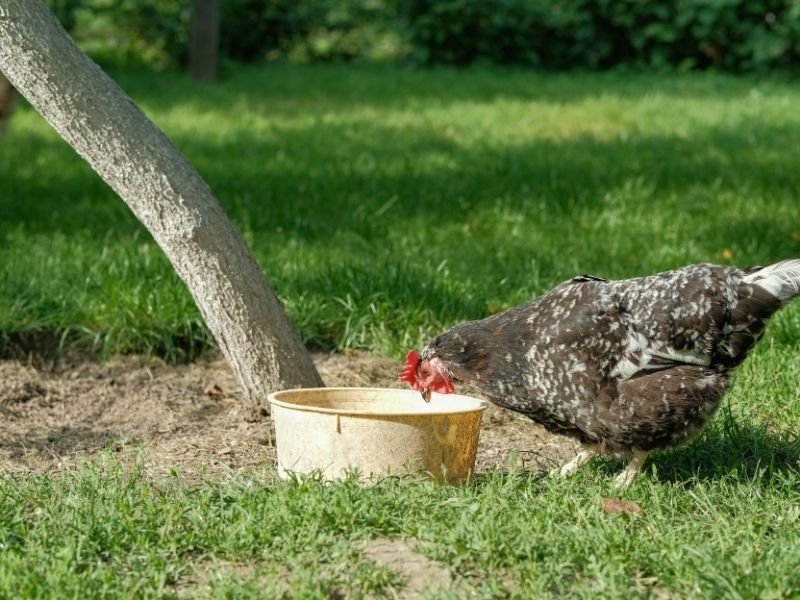
What to Prepare for Your Chicken Sitter
Once you’ve found someone reliable to be your chicken sitter in Christchurch, here’s what you need to have ready.
Write down your complete routine in detail. What time do chickens get let out in the morning? What exactly is the security process – which doors open how, which latches close which way? What time do they get locked up in the evening? What exactly needs to be checked?
Feeding instructions should be very specific. What feed? How much? Where does it go? Any supplements or treats? What about kitchen scraps if you provide them – what’s safe and what’s not? Where is feed stored? What do you do when the feed bag runs low?
Water system explanation is important. Where are waterers? How do they work? How often do they need filling? What do you do if water freezes in winter or gets hot in summer? Are there backup water sources if the main one fails?
Emergency contact information needs to be comprehensive. Your phone number, backup contact, local vet who sees chickens (not all vets do!), nearest chicken-savvy feed store. If there’s a chicken-keeping friend who could help in an emergency, their details too.
Predator security checklist helps ensure nothing gets missed. Write down every single latch, door, and security point that needs checking. Make it foolproof.
Chicken identification is helpful if you have multiple birds. Photos of each chicken, their name if they have one, and any distinctive features. If one is hiding or missing, your sitter needs to know who they’re looking for.
Health information about each bird. Are any birds currently unwell? Does anyone have an existing condition? Are there any medications being given? What’s normal behaviour for your flock?
Take photos of your setup. Normal coop condition, typical egg production, usual flock behaviour. These “before” photos help your sitter explain if something changes.
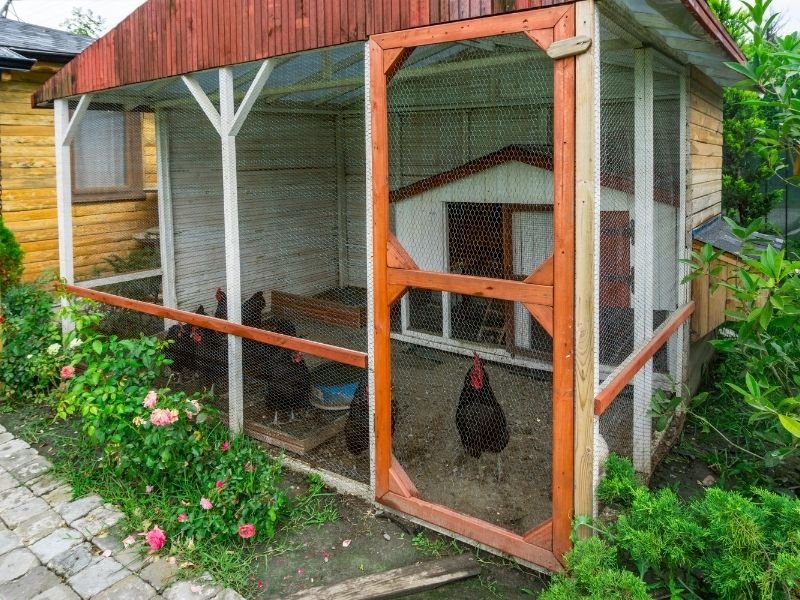
Chicken Sitting Prices in Christchurch
People often ask about costs when planning chicken care, and I understand it’s an important factor.
For a professional chicken sitter in Christchurch, you’re typically looking at around twenty-five to thirty dollars per visit. If twice-daily visits are needed (which they often are with chickens), that’s fifty dollars per day. That might seem significant compared to once-daily visits for other animals.
However, consider what you’re paying for. Someone who shows up reliably morning and evening every single day. Proper security checking that prevents predator attacks. Health monitoring that catches problems early. Careful egg collection. Peace of mind knowing your flock is actually safe and cared for properly.
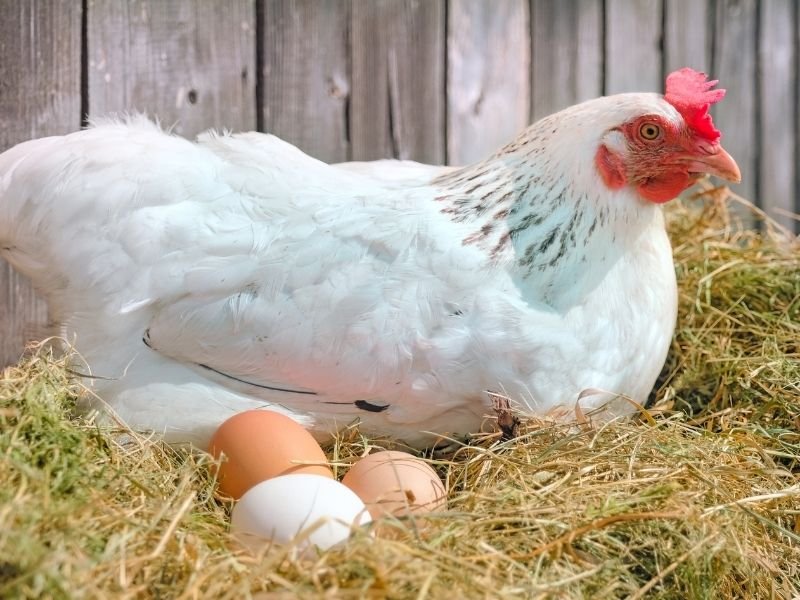
What Makes Good Chicken Care Different
When I started offering chicken sitting, I’ll be honest – I thought I understood it because I’d been around chickens as a kid. What I learned quickly is that responsible chicken keeping has evolved significantly, and the standards for proper care are much higher than they used to be.
Modern chicken keepers genuinely care about their birds as individual animals, not just egg-producing machines. They know their chickens’ names and personalities. They notice subtle health changes. They’ve invested in good housing and quality feed. They want their birds to have the best possible lives.
What that means for chicken sitting is that it’s not about just keeping chickens alive until the owner returns. It’s about maintaining the same standard of care, attention, and security that those chickens are used to receiving. It’s about respecting that these are someone’s beloved pets who happen to also provide eggs.
I’ve learned that every chicken setup is unique. Every keeper has their own routine, preferences, and systems developed over time for their specific flock. My job isn’t to come in and do things my way. It’s to follow their established routine precisely, maintain their security standards religiously, and keep their chickens safe and comfortable until they return.
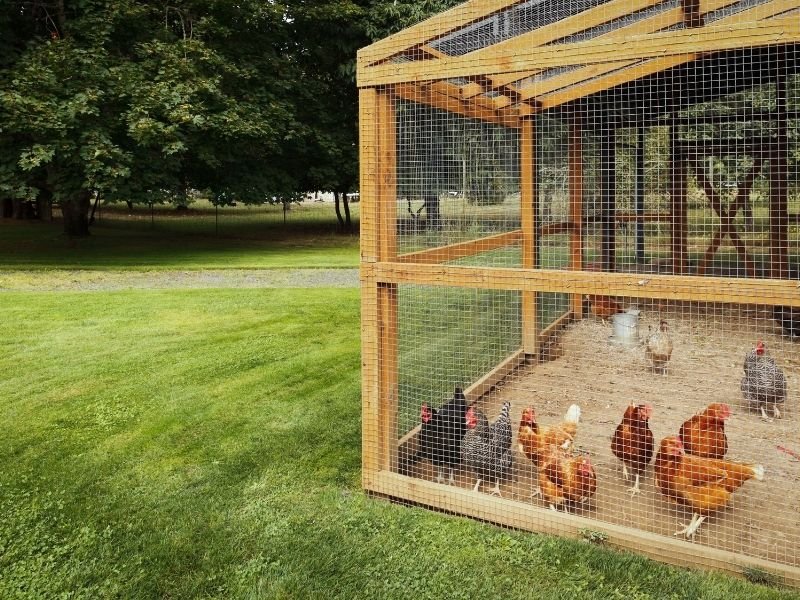
Frequently Asked Questions About Chicken Sitting in Christchurch
How often do chickens need checking while owners are away?
Chickens need twice-daily visits in most cases – morning to let them out, check health, provide food and water, and evening to collect eggs, ensure everyone’s safe, and lock them up securely against predators. For very short trips (one or two nights) with automatic coop doors and large feed/water capacity, once daily might work, but twice daily is much safer and better for the chickens.
Can chickens survive a weekend without anyone checking them?
Chickens could potentially survive a weekend with enough food and water, but it’s genuinely risky. Predators can attack during daytime in runs if fencing is compromised. Water can run out or become fouled. Chickens can become egg-bound or injured. Weather can turn extreme. A lot can go wrong in 48-72 hours with no one checking. Even one mid-weekend visit significantly reduces risk.
What happens if a predator gets into the coop while I’m away?
This is exactly why twice-daily security checks with evening lock-up are so important. Prevention through proper nightly lock-up is infinitely better than dealing with the aftermath of a predator gaining entry to the coop. Professional chicken sitters understand this and take security very seriously.
Do you need to collect eggs every day?
Yes, daily egg collection is important. Eggs left in nesting boxes can get broken, creating mess and encouraging egg-eating behaviour. Eggs attract predators. In hot weather, eggs deteriorate rapidly. In cold weather, they can freeze and crack. Daily collection prevents these problems and also lets you monitor whether hens are laying normally, which indicates their health status.
What if a chicken gets sick while I’m away?
Your chicken sitter should recognize signs of illness and contact you immediately if anyone seems unwell. You can then decide whether urgent vet care is needed or if it can wait until your return. For serious issues like egg binding, severe injury, or respiratory distress, immediate vet attention is necessary. Make sure your sitter knows which vet to call and has authority to seek emergency care.
Can chicken sitters give medication if needed?
Yes, experienced chicken sitters can administer medications. Chickens can need antibiotics, worming treatments, or other medications. Show your sitter exactly how to catch, hold, and medicate the bird during your meet and greet. Leave detailed written instructions. Provide more medication than necessary in case doses get spilled or refused.
What about chickens going broody while I’m gone?
Broody hens (wanting to hatch eggs) need special management. They’ll sit on eggs constantly and may become aggressive. Let your sitter know if any hens tend toward broodiness and what you want done – remove them from nesting boxes, remove eggs immediately, or let them sit. Broody management varies by keeper preference.
What if there are roosters in the flock?
Roosters need mentioning specifically because they can be protective and may behave differently with unfamiliar people. Your sitter needs to know he’s there, whether he’s generally friendly or defensive, and how to move around him safely. Some roosters are lovely, others can be aggressive toward strangers.
What do you do with all the eggs collected?
This is often arranged between keeper and sitter! Many chicken keepers offer eggs as partial payment or thank-you gift, which is lovely. Otherwise, eggs are typically stored in your fridge for you to use when you return. Make sure this is discussed and agreed during the meet and greet.
Can you do full coop cleaning while owners are away?
Deep coop cleaning during your absence is generally not recommended unless it’s a long trip requiring it. It’s better to do thorough cleaning before you leave and after you return, with spot-cleaning during visits. However, for extended absences, more comprehensive bedding changes can be arranged if needed.
Need reliable chicken sitting in Christchurch? VIPets provides twice-daily care with proper security checking, health monitoring, and careful egg collection. Professional care for your backyard flock with morning and evening visits. Contact us for a comprehensive meet and greet at your property.

